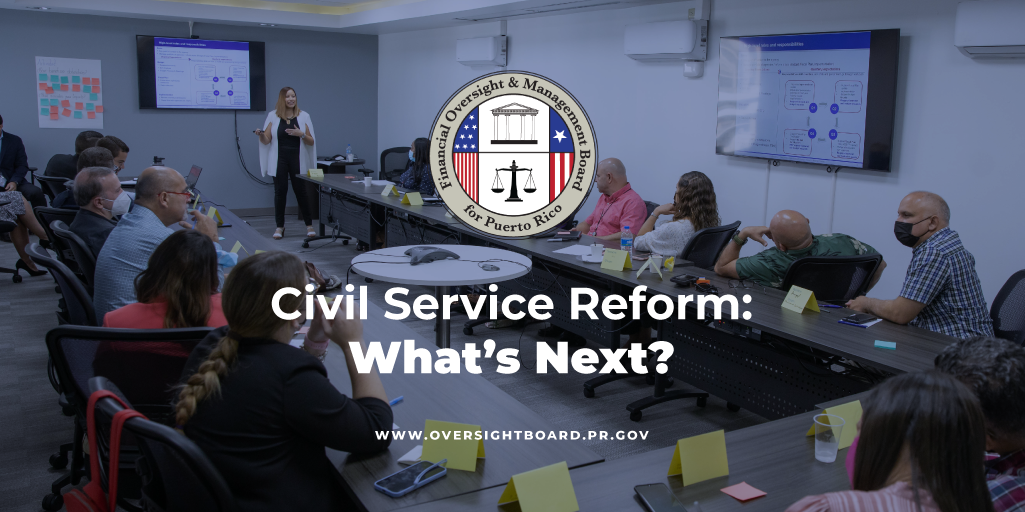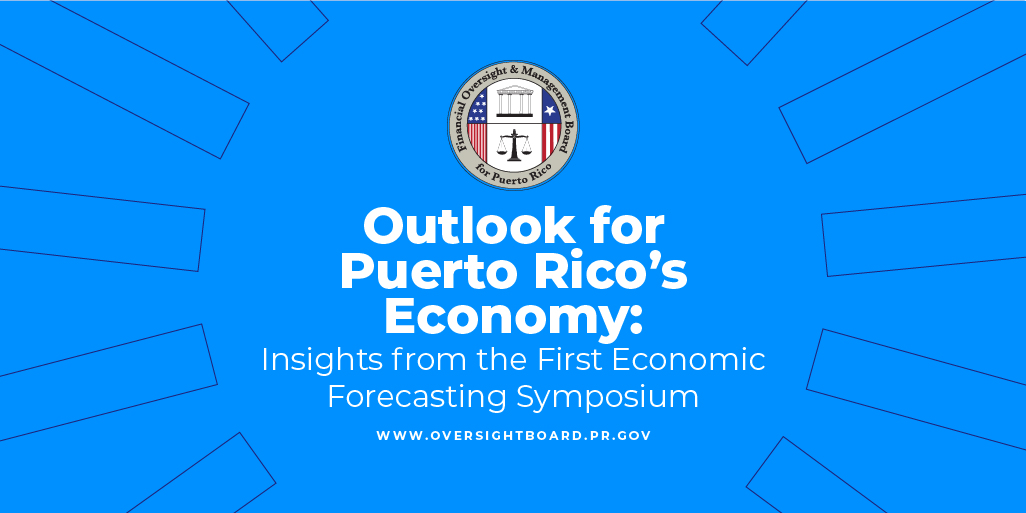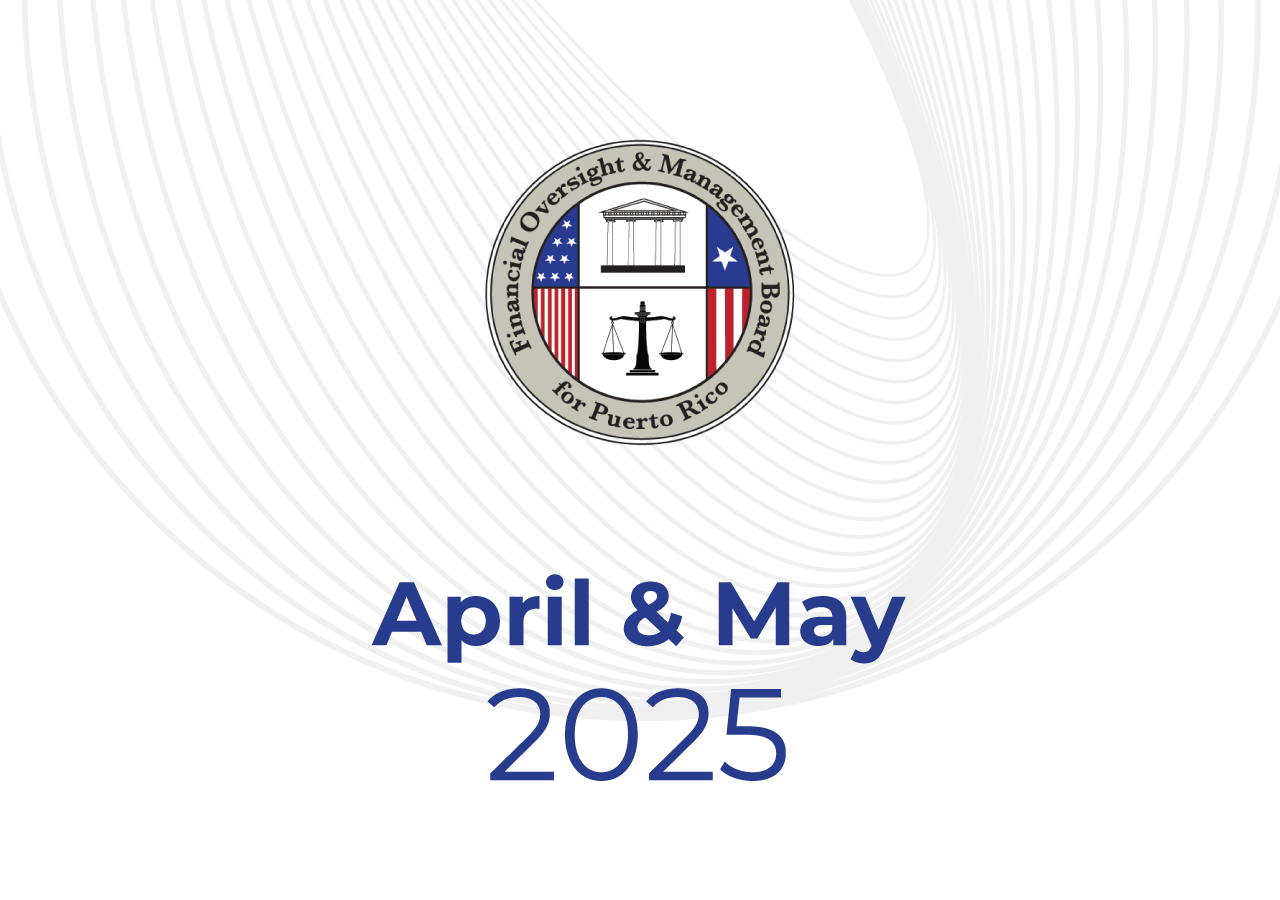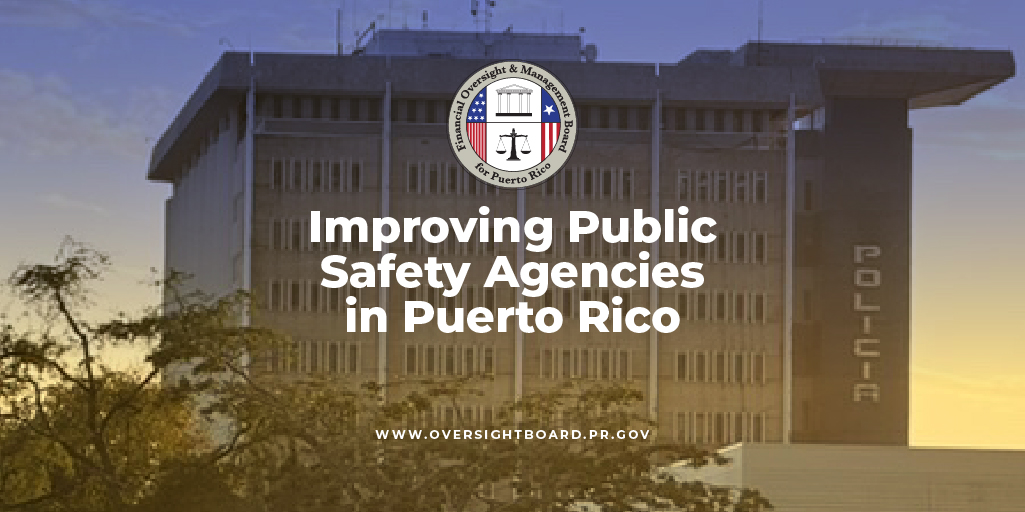The Government of Puerto Rico has for the first time in over 30 years one uniform system for assigning jobs and pay in the central government.
As part of Civil Service Reform, the government, working with the Financial Oversight and Management Board, didn’t just consolidate job classes and pay systems. A new modern vision for compensating employees was developed, while ensuring fiscal responsibility and using a data-driven market-based methodology, to foster professional growth.
With the aim of informing the public and providing transparency on this important initiative, the Oversight Board’s Policy & Research team has published an essay explaining the new salary structure, and outlining the compensation philosophy and leading practice methodology used to develop said salary structure.
Despite the progress that has been achieved thus far in implementing the CSR, much work remains to be done to complete the government’s compensation system and ensure the expansion and sustainability of the reform across the central government. Updating salary structures by itself won’t transform the work experience of public servants, given the myriad issues adversely impacting their working conditions.
In collaboration with the Oversight Board, the important work that remains to be done to cement the CSR includes:
- Roll out the organizational design roadmap agreed by the Oversight Board and government to ensure that all agencies have updated, fit-for-future structures to ensure workers are in the right job classifications.
- Develop a new recruitment system for government employees to ensure the right talent with the needed skills and competencies is recruited.
- Develop a new employee evaluation system for government employees to ensure high-performing workers are promoted and incentivized.
- Design and approve the necessary changes to the government’s HR regulations to ensure alignment with the CSR and competitively recruit top talent.
- Continue progress in the capacity building efforts for the CSR to ensure the government is adequately equipped to expand the reform across agencies.
- Develop compensation policies and regulations in line with the new pay structure and philosophy of the CSR.
The government has the opportunity to sustain the positive momentum driven by the successful completion of the new pay structure and pilot projects to continue cementing Civil Service Reform for the long-term. The reform is a must to address outdated organizational structures, lack of clarity in job roles, shortcomings in professional development and career advancement, dated salary structures, and a lengthy and inefficient recruitment process.
Achieving lasting change in these core areas will ultimately lead to a strengthened and modernized civil service that is better equipped to serve the people of Puerto Rico. The reform will also foster a high-performing, competent, and supported public workforce.
Stay tuned for the essay’s publication: Civil Service Reform: A New Data-Driven, Market-Based Compensation Philosophy and Salary Structure for Competitive, Fair, and Equitable Salaries in the Government of Puerto Rico





